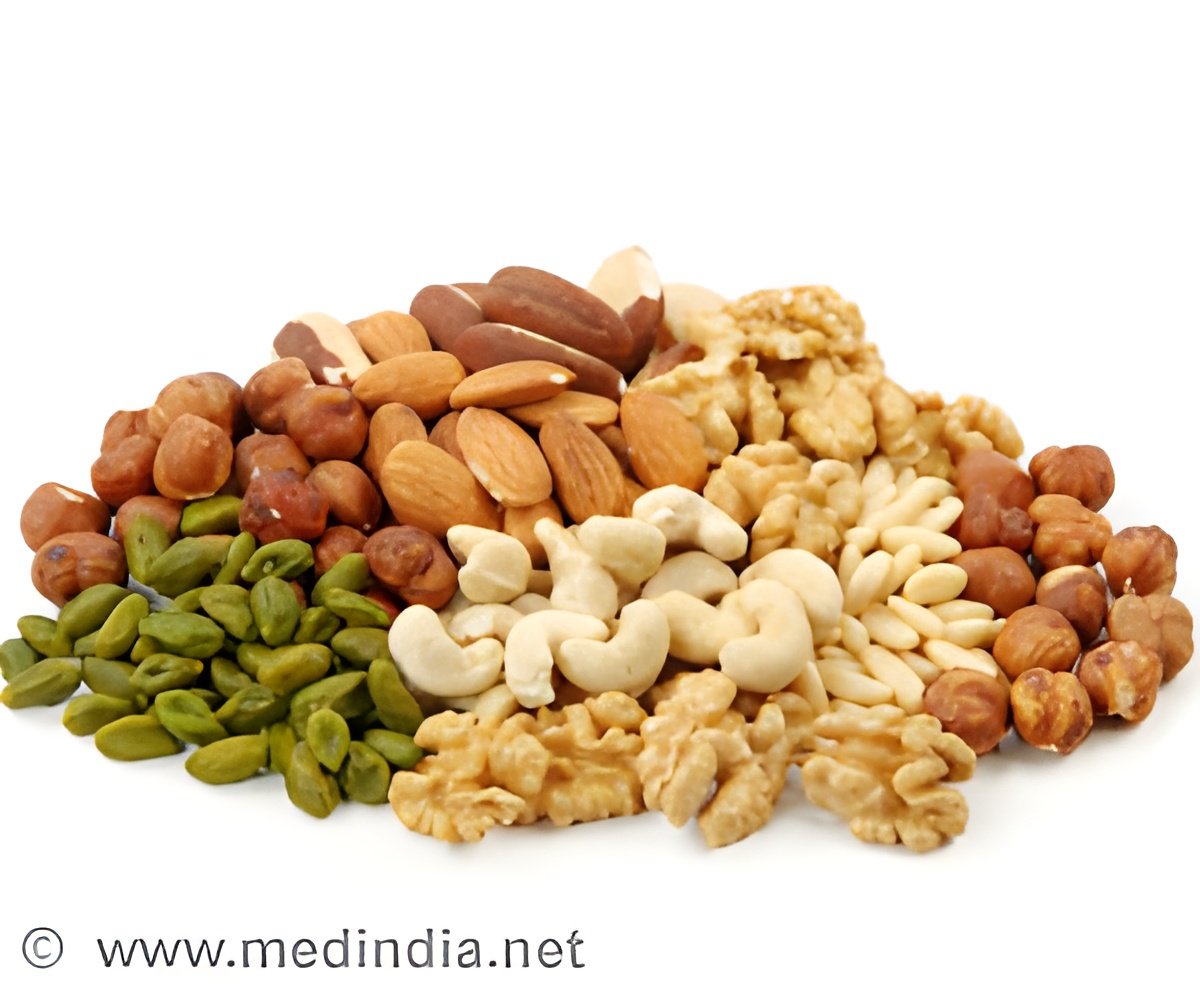The activities of poachers in Seychelles are threatening the long-term survival of the sizeable and valuable nuts of the famous coco de mer palm.

The trees survive, but slashing with knives means the rare palms produce fewer fruit each year, while the seeds themselves are taken off for sale rather than producing new plants.
It is a worrying problem for the Seychelles, which features the coco de mer on its coat of arms. Conservationists fear the illegal trade threatens the future of nut, the biggest in the world and endemic to just two of the country's islands.
"Shock and horror," the headline of a Seychelles news agency story read after a raid last month in which 10 nuts were stolen.
With some 17,000 trees counted on Praslin and 10,000 on neighbouring Curieuse island, the tree is now on the warning "red list" of the International Union for Conservation of Nature, IUCN.
It says numbers have dropped by almost a third within three generations of trees, warning the harvesting and illegal sale of the nuts poses a significant threat.
"Before we'd see about 75 coconuts on a tree, now there are just 25," said Victorin Laboudallon of the Seychelles Islands Foundation (SIF), which helps conserve the palm-filled Vallee de Mai national park, a UNESCO-listed World Heritage Site.
"Trees do not give as much fruit as before when a coconut is cut."
- Alleged aphrodisiac -
The nut is a fertility symbol for some and in Asia, particularly in China, it has a reputation as an alleged aphrodisiac.
Thousands of tourists who visit the white sand beaches of the Seychelles eye them as ornaments.
Britain's Prince William and the Duchess of Cambridge were given a nut by the government at the end of their honeymoon on the Seychelles in 2011.
Protected by law, nuts can only be taken out of the country in accordance with strict regulations.
A nut, which can weigh as much as 35 kilogrammes (77 pounds), can reportedly sell for as much as $450 per kilogramme ($202 a pound) on the black market, meaning a single nut can sell for thousands of dollars.
In an attempt to curb the thefts and protect the 19 hectares (47 acres) of forest where the palms are found SIF has boosted the number of guards, but the rugged terrain and lack of fences complicate that task.
The bizarre "double" nut has an ancient history: traded far from the archipelago to the Middle East, Asia and Europe, earning legends of its healing powers.
For centuries, its origin was a mystery: nuts were found only adrift at sea or washed up on the white sand beaches of the Indian Ocean. Never having been seen growing on land, sailors thought that they came from the sea bed itself - giving the name, the "coconut of the sea".
Demand grew after the country's independence from Britain in 1976 and the boom in its tourism industry, said Laboudallon.
The government was forced to step in to control the trade, with the legal export of nuts highly regulated and only four companies having a licence to sell.
But the illegal smuggling continues.
Laboudallon fears the tree could suffer the same fate as the Dodo, the extinct bird that disappeared nearly 400 years ago on the Indian Ocean island of Mauritius.
The environment ministry insists they are in control of the situation, installing x-ray machines at the airport to scan for the nut, said top official Ronley Fanchet.
But environmental activists were shocked when a recent culinary festival, organised by the culture ministry, featured the famous nut.
For the first time, coco de mer dishes -- including ice cream, pies and bread -- were available for tasting at the one-off festival.
Defenders of the fruit warned that could create a new demand that would put the nuts under even greater pressure.
"If tomorrow there are menus with coco de mer in all restaurants, what do we do?" said SIF chief Frauke Dogley.
"It is not the one-off use of the kernel which is the issue here, but creating a demand, where the side-effects have the full potential to lead to an unsustainable exploitation."
Source-AFP










